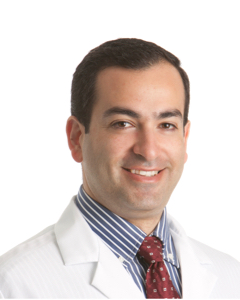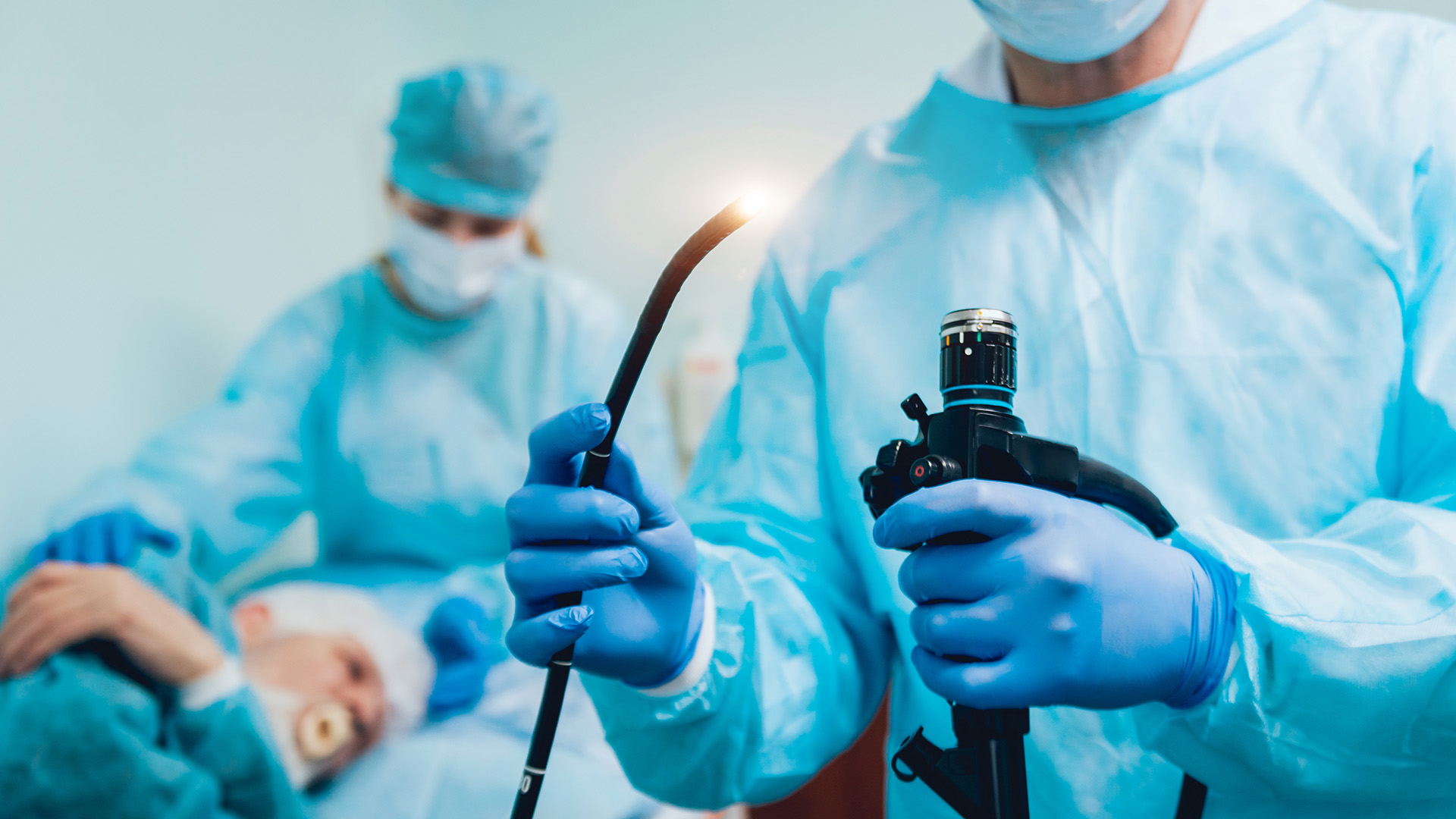The easiest way to explain sleep apnea is that a person’s breathing repeatedly stops or pauses while they are asleep. When this happens, the throat muscles relax and you may snore, then your body often wakes you up to resume breathing again. It can make you tired, even after a full night’s rest. Multiple sleep interruptions prevent you from sleeping soundly and can leave you feeling extremely tired during the day.
And remember, when you feel like you need more sleep, you’re generally right.
But sleep apnea can lead to more health concerns than simply feeling tired. Unfortunately, those with untreated sleep apnea are more likely to have heart disease. This includes individuals who may not know they have the condition and those who have not treated it yet. They are two to three times more likely to have a stroke and are three times more likely to die prematurely. And if you’ve had sleep apnea for up to five years, you have a 30% increased risk of experiencing a heart attack or death.
Reducing the Risk
The traditional treatment for sleep apnea involves wearing a PAP mask at night. While it is effective and considered the standard of care, some find the method uncomfortable. Alternative treatments include oral appliances or implant devices, but surgery is rarely required.
There is no direct method to prevent sleep apnea entirely, but there are many healthy lifestyle choices that can assist you in preventing it. These include:
-
Not taking sleeping pills or sedatives before going to bed
-
Eating a healthy diet
-
Exercising frequently
-
Avoiding alcohol and cigarettes
-
Maintaining a healthy weight
-
Losing weight
-
Yoga
Lose Weight, Sleep Great
In general, mild cases of asymptomatic obstructive sleep apnea (OSA) can be treated conservatively with weight loss, especially if you are overweight. Even a 10% weight loss can reduce the number of apneic events for most patients. That said, weight loss can be difficult for untreated symptomatic obstructive sleep apnea due to increased appetite, metabolism and hormonal changes.
In some patients with mild obstructive sleep apnea, breathing pauses occur only when they sleep on their backs. In these cases, using pillows and other devices that help them sleep on their side may prove helpful. People with sinus problems or nasal congestion can use nasal sprays or breathing strips to reduce snoring and improve airflow for more comfortable nighttime breathing.
Avoiding sleep deprivation is important for all patients with sleep disorders. As soon as obstructive sleep apnea is recognized, it is necessary to treat immediately to prevent complications such as cardiovascular disease, stroke and sudden early morning death.
A Serious Condition
Because you do stop breathing while you are asleep, sleep apnea is a serious condition and not to be taken lightly. The airway repeatedly becomes blocked, which limits the amount of air able to reach your lungs. When this happens, you may either snore or make choking noises as you try to breathe regularly again. Your brain and body can become oxygen deprived and you may wake up as a result. This may only happen a few times per night, although in more severe cases, it can occur several hundred times.
Many people with sleep apnea have not been diagnosed or received treatment, but it is a manageable and treatable condition. It’s nothing to be afraid of. A sleep medicine physician can easily diagnose obstructive sleep apnea using an in-lab sleep study or a home sleep apnea test.
Do you struggle from a sleep-related disorder? Orlando Health Pulmonary and Sleep Medicine Group can help.
The Orlando Health Pulmonary and Sleep Medicine Group provides you with a wide array of consultative, diagnostic and therapeutic services for pulmonary or sleep-related disorders.
Request an Appointment










